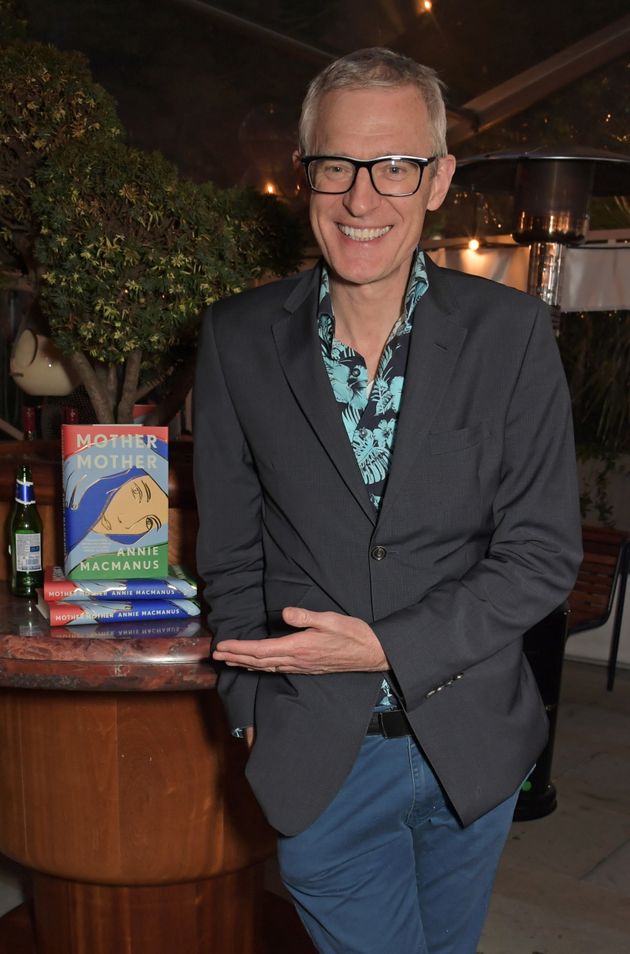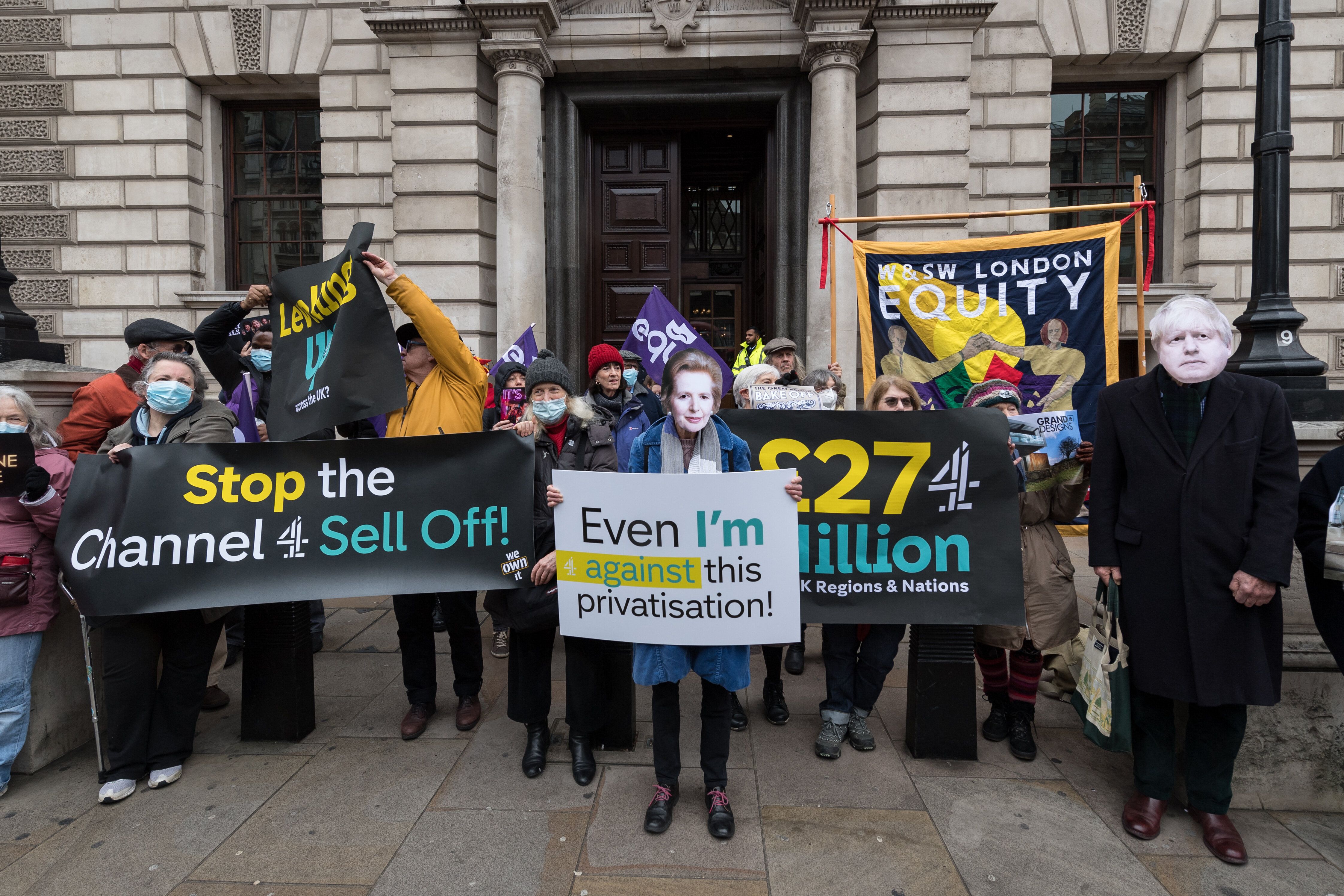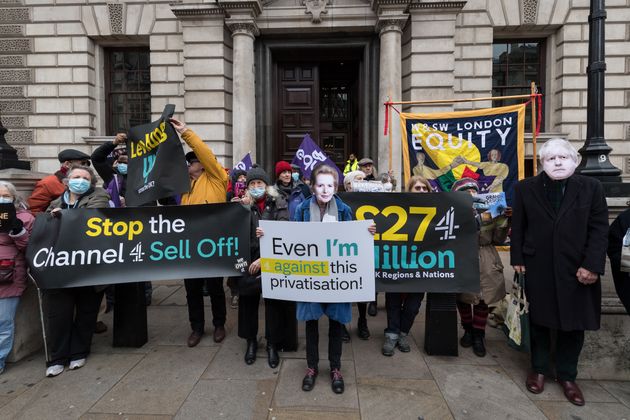
The BBC “bowed to pressure” from the Tories by axing Gary Lineker from Match of the Day, Rachel Reeves has said.
The shadow chancellor said the corporation should reverse its decision, which triggered a mass revolt which threw its sports coverage into chaos.
Advertisement
Reeves also pointed out that BBC chairman Richard Sharp, who has donated huge sums to the Conservatives, has kept his job despite his role in Boris Johnson securing a loan of up to £800,000.
The BBC announced on Friday that Lineker was “stepping back” from presenting Match of the Day this weekend over a tweet criticising the government’s migrant crackdown.
He said some of the language being used by ministers was like “Germany in the 1930s”.
On Sky News this morning, Reeves said: “Whether you agree with Gary Lineker’s tweets or not, and I wouldn’t have used that language, I think that it is perfectly reasonable that you can present the football commentary on the BBC at a weekend.”
Referring to Richard Sharp, she added: “He is still in his job. Gary Lineker isn’t able to present the football commentary? I think there is a sense of proportionality here.
Advertisement
“The Tories obviously put a huge amount of pressure on the government to get rid of Gary Lineker, I don’t remember those same Tory MPs crying about impartiality when those revelations about Richard Sharp came out.”
Appearing on Sunday with Laura Kuennsberg on BBC One, Reeves said: “The BBC have clearly come under immense pressure from the Conservative Party to take Gary Lineker off air.
“I think it is a shame that the BBC has bowed to that pressure. I would urge the BBC to reconsider this decision, because I think it has now gone totally out of proportion.”
Meanwhile, Lineker’s son, George, has said his dad will not back down over the row.
He told the Sunday Mirror: “Dad is a good man, a good human, and I’m proud of him for standing by his word. That’s why he was pulled off the show – because he wouldn’t apologise. But he will always speak up for people who don’t have a voice.
“He is passionate about helping refugee charities – he took in two refugees who he is still in touch with and trying to help.
Advertisement
“It means a lot to him to stand up for people whose only hope is to escape a country with only the clothes on their back. That’s why he’s been so firm.
“Will he go back to Match of the Day? I think so – he loves Match of the Day. But he won’t ever back down on his word.”
BBC director general Tim Davie, who took the decision to suspend Lineker, said he was seeking a resolution to the dispute, but insisted he will not resign over his handling of the affair.
He said: “I think my job is to serve licence fee payers and deliver a BBC that is really focused on world-class, impartial landmark output – and I look forward to resolving this situation and looking forward to delivering that.”































